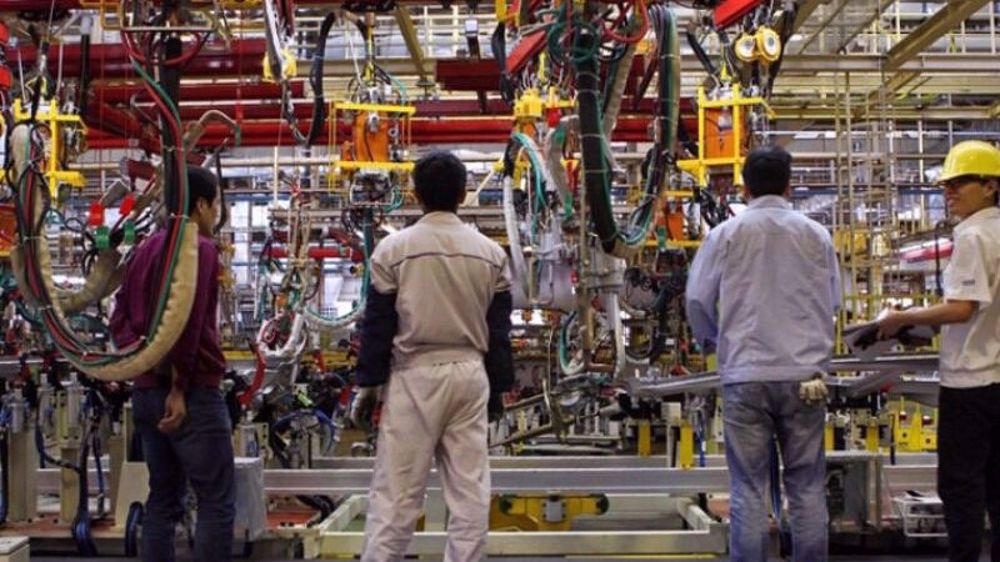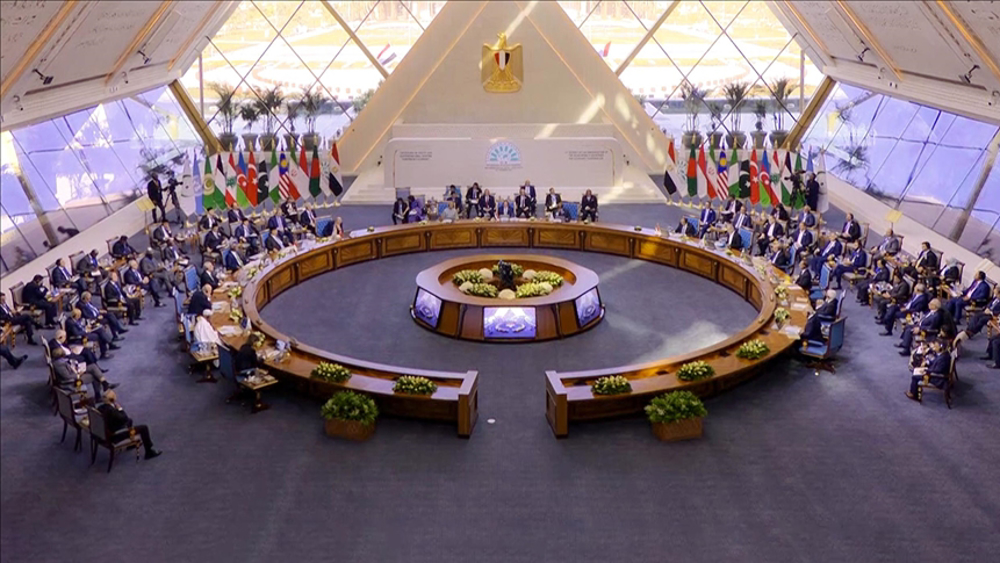Iran to sell oil at $50 per barrel next year
Iran expects to sell its crude oil at around $50 per barrel over the next Iranian calendar year that starts on March 21, 2017.
The figure shows a rise of 25 percent compared to the budget for the current Iranian calendar year (March 2016-2017) during which Iran had anticipated, as per its budget bill, to sell its oil at $40 per barrel.
A draft version of the country’s budget bill for the next year envisages a total income of over 1.1 quadrillion rials from selling 2.42 million barrels per day of crude oil at $50 each. The figure will be equal to around $33 billion, with an exchange rate of 33,000 rials for each US dollar.
Iran’s President Hassan Rouhani, who presented the budget bill to the Parliament on Sunday, portrayed a positive picture of the country’s oil revenues for the next year.
Rouhani emphasized that the prospects will be specifically positive in light of the country’s recent “victory” in OPEC to move ahead with its crude oil production and export plans with no limitations.
“Iran has already been able to regain its share of the global oil market,” he told the parliamentarians. “Thanks to the recent victory in OPEC, we will literally face no limitations increasing the production and export of our crude oil over the next few months.”
The OPEC talks over a proposed plan to cut output and help boost prices last Wednesday culminated in a deal that allowed Iran to continue with its oil production at the current capacity, while forcing major cuts on other suppliers. Libya and Nigeria were also excluded from the plan that had been proposed by Saudi Arabia.
"Iran was able to score a major victory in the area of oil diplomacy,” Rouhani emphasized in his speech at the parliament.
“Through our persistence, we were not only able to preserve the integrity of OPEC, but were also able to … receive an authorization to increase our oil production.”
OPEC’s deal authorized Iran to boost its output by 90,000 barrels per day – the only such authorization agreed on by the organization’s member states.
Rouhani further emphasized that the declining oil prices over the past two years had put the country in hard times.
Nevertheless, Iran was eventually able to overcome the negative impacts of low oil prices by selling more oil after the removal of the sanctions against the country in January, Rouhani emphasized.
“The nuclear deal …helped prevent the Iranian economy from plunging into a crisis as a result of falling oil prices as did many other oil exporters.”
Iran’s economy grew 2.7% y/y in Sep quarter: CBI
VIDEO | Freelancers in Gaza strive to stay online amid genocide
Mikati demands Israel's withdrawal from south Lebanon
Yemeni army strikes Israeli military sites with drones
‘Clock ticking’: UNRWA slams unjustifiable killing of children in Gaza
BP to be sued in Britain for supplying oil to Israel
VIDEO | Press TV's news headlines
Israeli strikes on north Gaza hospital ‘extremely dangerous, terrifying’: Director










 This makes it easy to access the Press TV website
This makes it easy to access the Press TV website